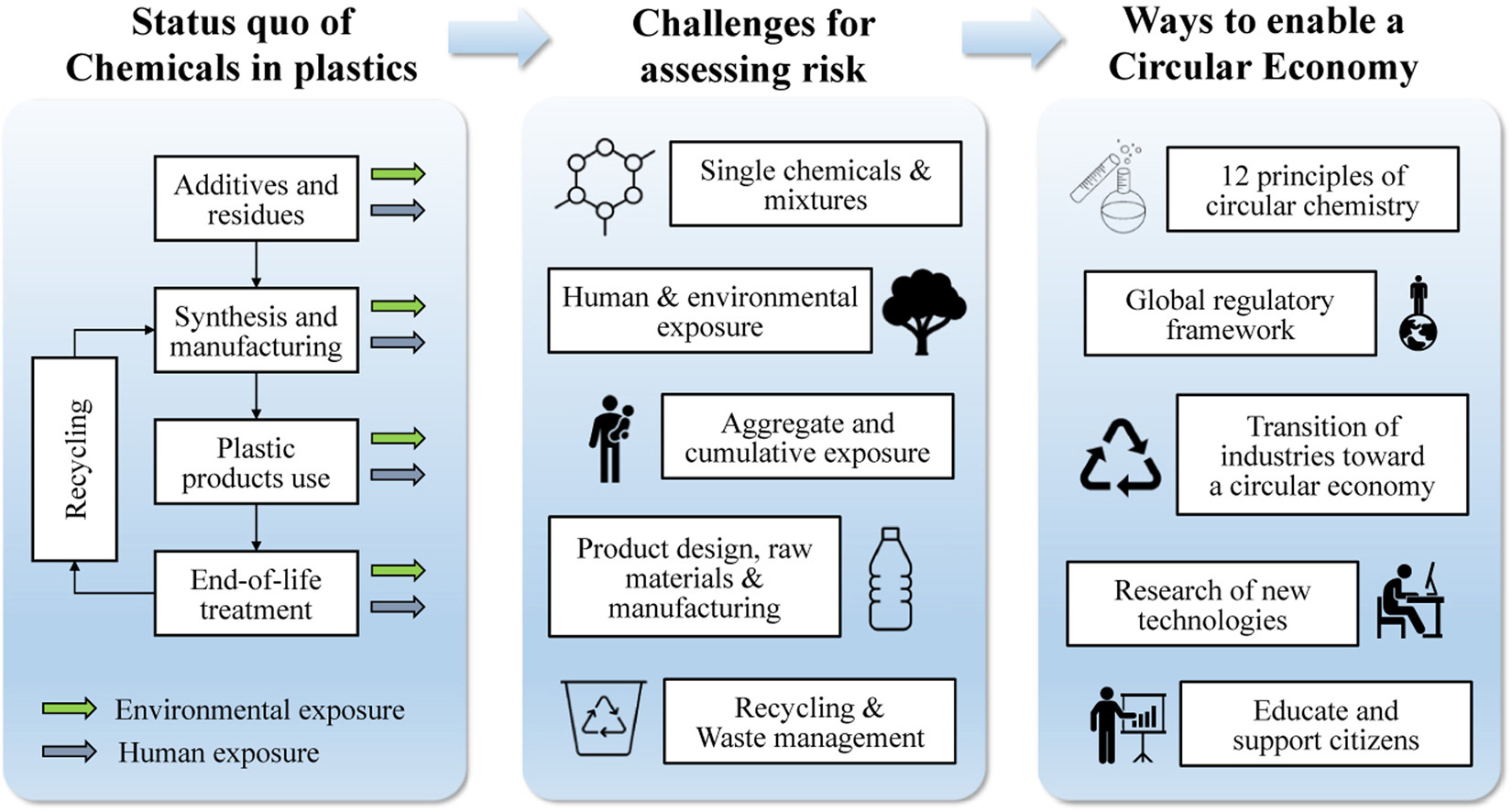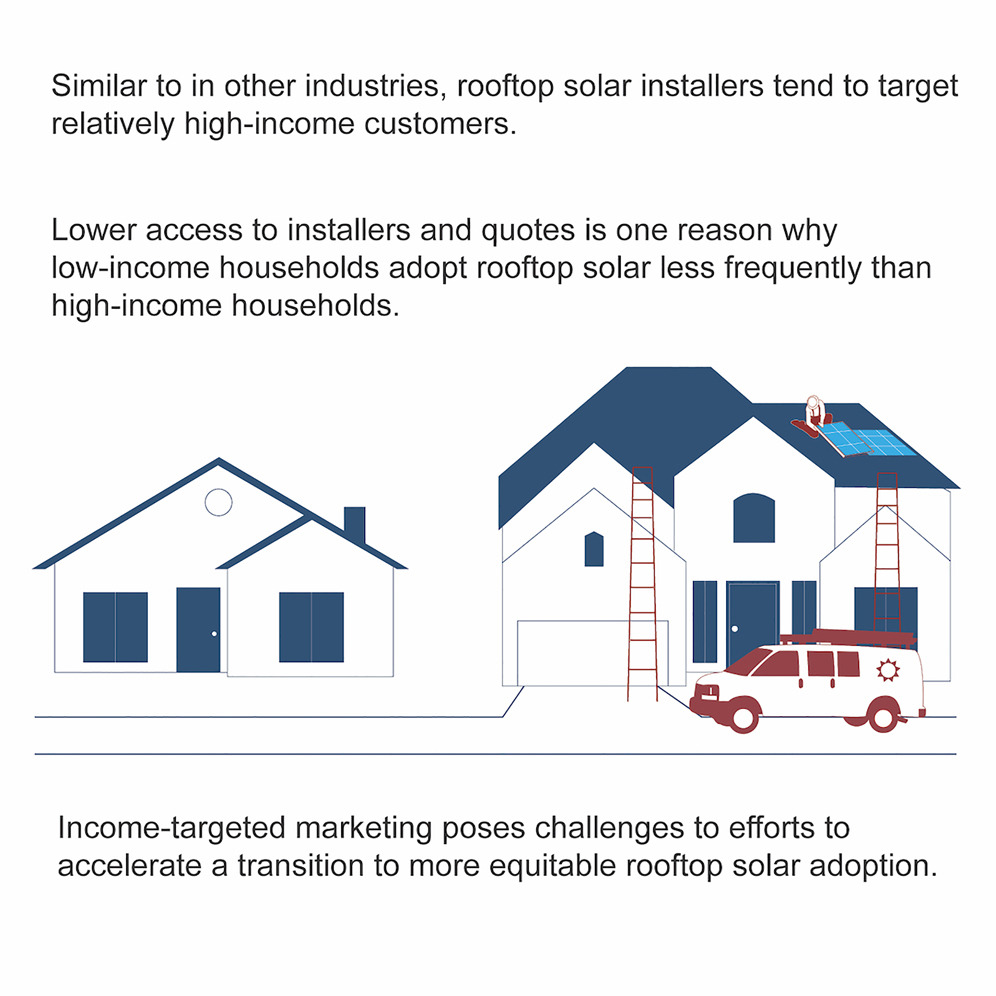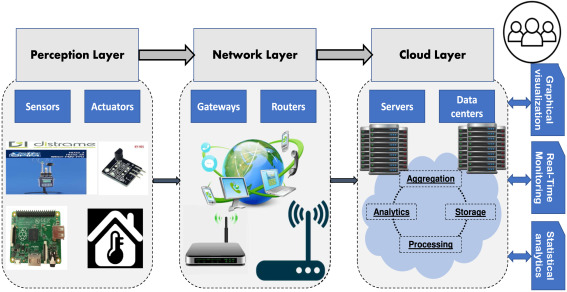Food Quality and Preference, Volume 93, October 2021
In view of all kinds of sustainability concerns related to our current diet, it is essential to gain a good understanding of the sustainability motives consumers have for selecting their food. A comprehensive and validated scale to measure sustainability motives within the full range of food choice motives could contribute to this understanding, especially as sustainability is a multi-faceted concept in which the different aspects can sometimes be conflicting.
Current Opinion in Green and Sustainable Chemistry, Volume 31, October 2021
Enabling a circular economy for plastics in Europe and beyond is an ambitious goal. To reach a fully closed loop, numerous challenges and knowledge gaps need to be overcome. This review provides a list of more than 6000 chemicals reported to be found in plastics and an overview of the challenges and gaps in assessing their impacts on the environment and human health along the life cycle of plastic products. We further identified 1518 plastic-related chemicals of concern, which should be prioritized for substitution by safer alternatives.
Building and Environment, Volume 203, October 2021
Monitoring the thermal comfort of building occupants is crucial for ensuring sustainable and efficient energy consumption in residential buildings. Existing studies have addressed the monitoring of thermal comfort through questionnaires and activities involving occupants. However, few studies have considered disabled people in the monitoring of thermal comfort, despite the potential for impairments to present thermal requirements that are significantly different from those of an occupant without a disability.
Land Use Policy, Volume 109, October 2021



